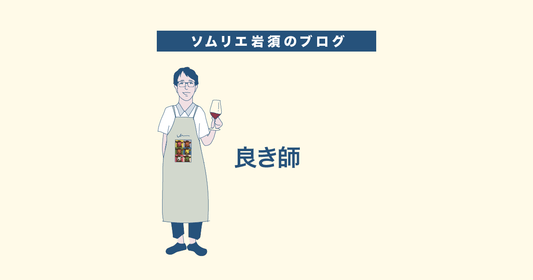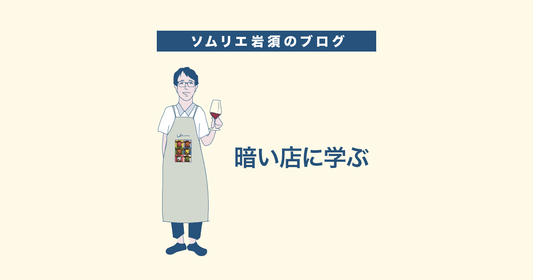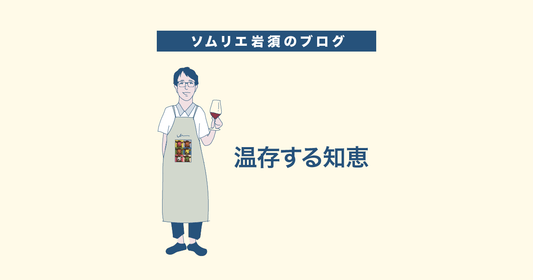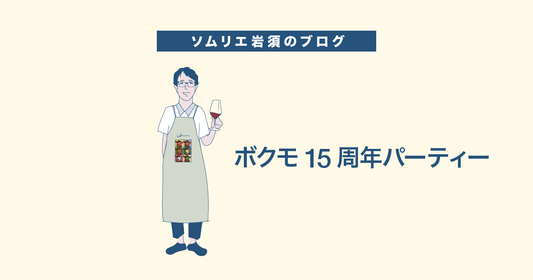
"I like Chardonnay, so give me some random Chardonnay."
I get that sometimes.
To be honest, I thought that was a bit troubling for a moment.
But that's okay.
In my case, I ask two or three quick questions and then bring out something that seems palatable.
But...
I feel like there are a lot of misunderstandings about Chardonnay out there. If I knew a little more about Chardonnay, I'd have a better chance of finding a wine that I liked.
That's what I'd like to talk about today.
First of all, when it comes to Chardonnay in Japan today...
Even if you don't know much about wine, you've probably heard of the name. It's now commonly seen in supermarkets and convenience stores. It is the most common variety used for white wine and is the orthodox of the wine world.
So this is what happens.
"I had a delicious wine before, and it was called Chardonnay."
↓↓↓
"I like Chardonnay."
and.
I think the experience itself is very good.
However, there is an important fact that is well known in the wine industry but not known to the general public.
it is···
In fact, Chardonnay is a grape that has no "character."
In terms of aroma classification, Chardonnay falls into the "neutral" category.
It means "the scent is rather weak and ordinary." (The antonym is "aromatic," which means "the scent is strong and gorgeous.")
But that doesn't mean it's any less valuable.
Rather, it is precisely because it lacks individuality compared to other varieties that its flavor varies greatly depending on where and by whom it is grown.
In particular, many producers adopt the method of aging the wine in wooden barrels to add the barrel aroma to the wine in order to enhance its individuality.
In other words, we can make very high-end things, and also very affordable things.
The flavor varies widely depending on how it is made, from sharp to fruity to mellow, and Chardonnay is the only white variety that can be so versatile.
If I've explained it this far, you'll understand.
At the shoe store
"I like sneakers, so just bring me something random."
That would be a problem for the store clerk. Nike's mass-produced products are 4,000 yen, and Air Force Ones are 40,000 yen (although it depends on the item).
So, going a step further than just saying, "I liked the Chardonnay I had before," and learning about the variations in Chardonnay will make communication smoother.
To summarize the variations...
- French Chablis → Sharp and crisp
- Meursault and Montrachet from France → High-class flavor of oak and richness
- A little expensive from California → Powerful and relaxing
- Mass-marketed products from Chile and Australia → Simple or full of fruit flavor
I can't cover everything, but that's the impression I get.
And New Zealand Chardonnay...
- The best value ones are fruity and juicy.
- The slightly more expensive ones have a strong flavor, with a combination of the vanilla aroma and fruit flavors from the barrel.
That's my impression. (However, in New Zealand, it is hidden by the national variety Sauvignon Blanc, so it is currently quite difficult to find in Japan.)
So, do you have a general idea of what the grape called Chardonnay is?
So next time you're at a wine bar, say this:
"There are many different types of Chardonnay, but which type does your store recommend?"
I'm sure the sommelier will be delighted to introduce you to the Chardonnays in his or her lineup.





